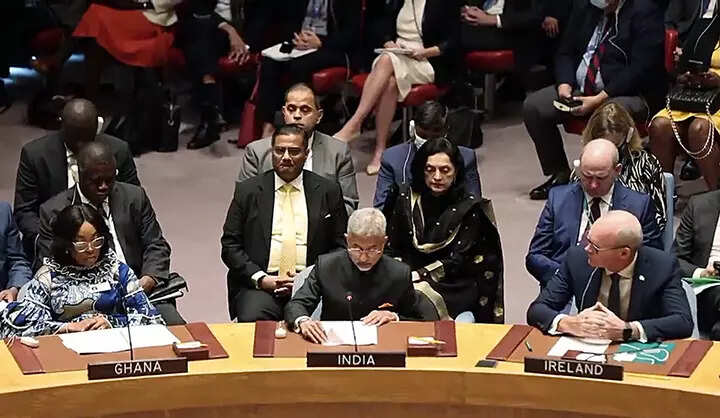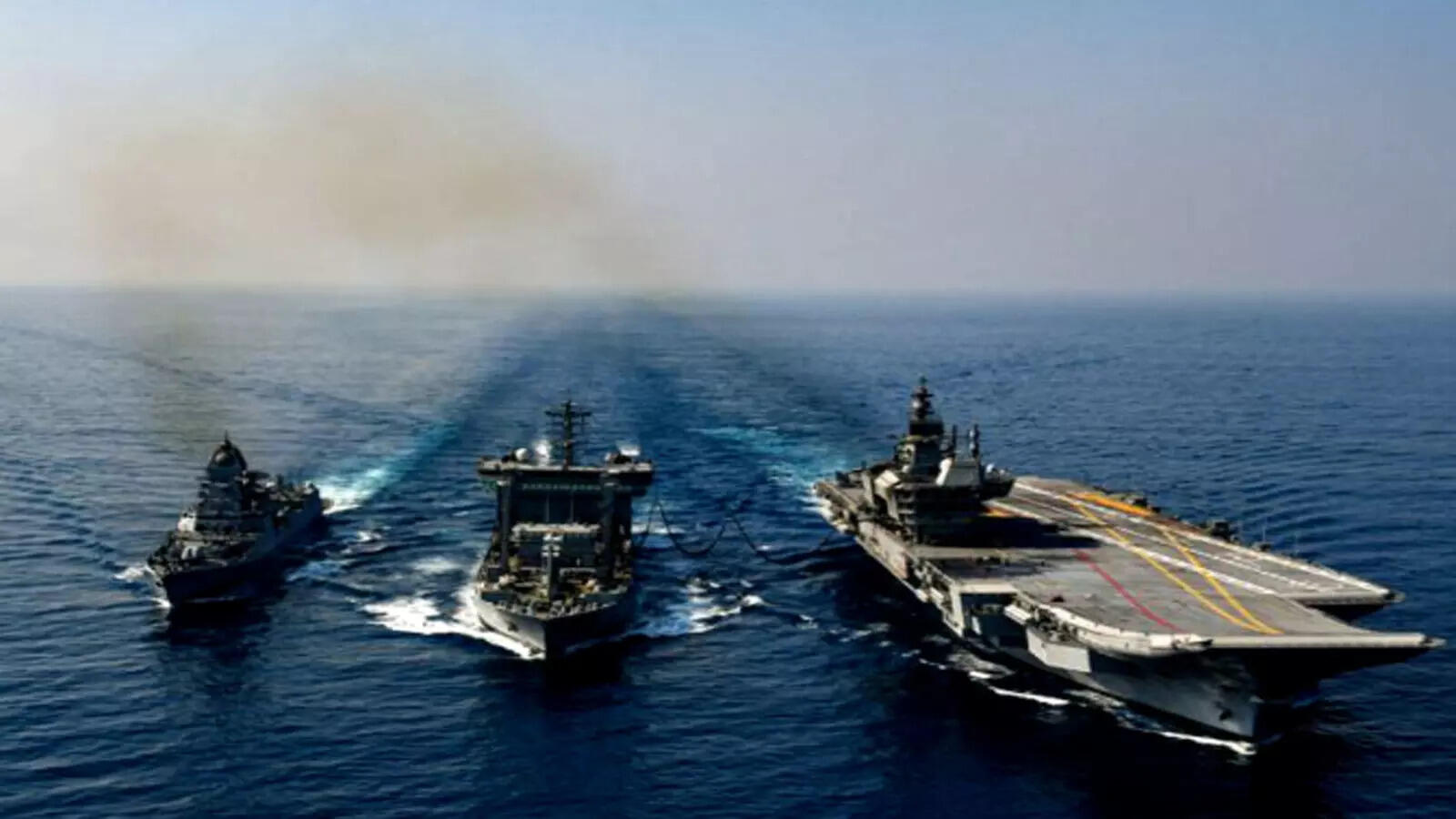India is done bleeding. The era of candlelight vigils and empty condemnations is over. With 26 innocent Indians—Hindus, Muslims, and Christians—slaughtered in cold blood in a terror attack that dared to ask victims their religion before pulling the trigger, the message from Pakistan’s terror machine is chilling and clear. But this time, so is India’s response.
For decades, India was asked to show restraint. And we did. We took dossiers to the United Nations. We appealed to global forums. We watched as the perpetrators of 26/11, Parliament attack, Pathankot, Pulwama, Uri, and countless others were given shelter, pensions, and even primetime slots in Pakistani media. And what did the United Nations Security Council do? Silence. A deafening, shameful silence.
And now, when India is ready to act, the UNSC suddenly finds its voice? No, thank you.
India does not need lectures on morality or geopolitics from an institution that stood by like a mute spectator while a nuclear-armed rogue state nurtured jihad in its backyard and exported it across borders. The world conveniently looked away when India bled. But not anymore. Prime Minister Narendra Modi is not a leader who bends. He does not issue soft statements or mourn with photo-ops. He acts. And this time, the action must be unprecedented.

Some in the Indian opposition, predictably, are parroting tired lines. A few “intellectuals” are suddenly worried about the economy, about foreign relations, about “provoking” Pakistan. Spare us the hypocrisy. The same people accused Modi of inaction when Shaheen Bagh protesters blocked roads and turned a citizenship amendment into a communal firestorm. The same crowd was up in arms over farm law reforms, even when clear evidence suggested vested interests were fanning the flames. And now, when Indian civilians are massacred by terrorists across the border, they ask India to be “measured”?
India’s rise makes many uncomfortable. Especially those who bet on a weakened, fragmented, ever-apologetic India. Today, India is the fifth largest economy, a global technology hub, and a rising military power. War may dent growth, they argue. But what growth can there be without security? What price is too high to pay to ensure that no Indian child grows up watching blood spill on national TV every few months?
Let us be clear: this is not just a revenge strike. This is not about flexing muscle. This is about ending terrorism at its fountainhead—Pakistan. It’s about telling the world that the era of tolerance for terror factories is over. If Pakistan wants international sympathy, let it earn it by dismantling the dozens of training camps it hosts with impunity. Let it hand over Hafiz Saeed, Masood Azhar, and every ISI stooge walking freely in Lahore or Rawalpindi.
Yes, the US has made it clear—it supports India’s right to act in self-defence. It has also announced ₹131 billion in military aid, including immediate logistical support and the clearance of all pending or previously withheld components. France, the UK, Australia, and most of the democratic world stand with India. Only China and Turkey continue to shield Pakistan, but let’s be real: their concern isn’t Pakistan, it’s their own insecurities. And India is more than capable of dealing with them—diplomatically or otherwise.
Let Pakistan run to the UNSC. Let it cry foul. No one believed its lies yesterday, and no one will believe them today. The world knows what Pakistan is—a nation that has mortgaged its soul to terror in the name of religion. It has nothing to offer the world but hate, heroin, and Hafiz Saeed.
Meanwhile, back home, it is time the Modi government cleans house too. The loose cannons of the Congress party, the separatists in Kashmir, and the “freedom of speech” warriors who suddenly go silent when terrorists strike—they all must be held accountable. Sedition cannot hide behind political dissent. Anti-national rhetoric cannot parade as academic freedom. If some politicians are acting as mouthpieces for India’s enemies, let the law deal with them firmly.
India’s 140 crore citizens will back any strong action that protects the sovereignty, dignity, and safety of the nation. And if that action includes hitting Pakistan so hard that it cannot rise for the next 20 years, so be it.
Two weeks. That’s all it would take for India’s military might to decimate the Pakistani terror infrastructure—provided political will matches military capability. Retired pessimists and drawing-room peaceniks may object. Let them. India cannot be held hostage to old fears.
The mood of the nation is unambiguous: finish terrorism, even if it means finishing Pakistan as we know it. The time for restraint is over. The time for reckoning is here.






